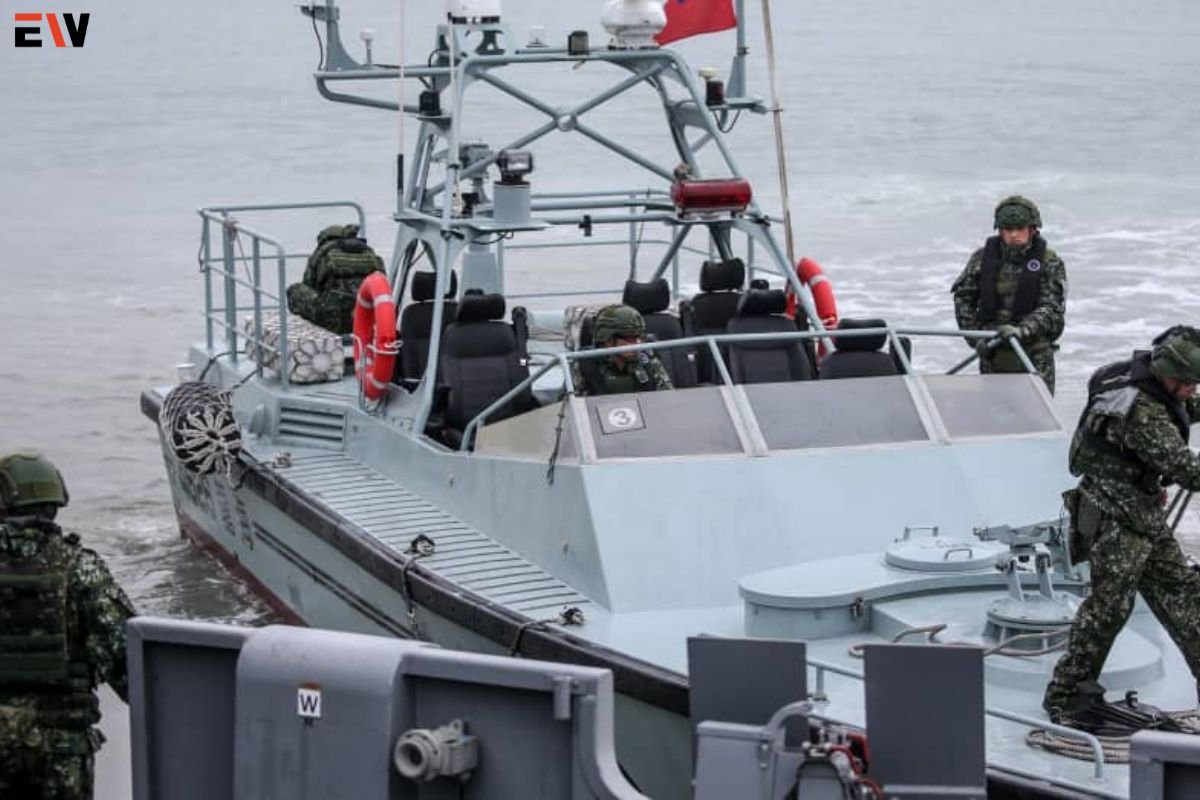Source – CNBC
Beijing’s Warning and Taiwan’s Response
China’s recent military maneuvers near Taiwan have stirred concerns about escalating tensions between the two territories, although the prospect of war remains remote, according to political analysts.
Justification and Context
Beijing justified the two-day drills, named Joint Sword-2024A and continuing into Friday, as a response to what it perceives as provocations by Taiwan’s new President Lai Ching-te, who took office earlier this week. Lai’s inaugural address included strong appeals to China to cease its political and military threats against the island, drawing criticism from Beijing.
Military Activities and Strategic Significance
The exercises, focusing on joint battlefield control seizure and precision strikes on strategic targets, are seen as a warning against any moves toward Taiwanese independence. While Beijing views Taiwan as part of its territory, the island operates democratically and considers itself separate from the mainland.
Taiwan’s Reaction and President Lai’s Stance
Taiwan has responded by heightening its alert status and dispatching coast guard vessels to monitor Chinese military movements. President Lai’s assertive stance on Taiwanese sovereignty has been met with criticism from Beijing, which labeled him a “stubborn worker for Taiwan independence.” Despite earlier expectations of a more moderate approach, Beijing appears taken aback by Lai’s firm assertions on Taiwanese identity and sovereignty.
Implications for U.S.-China Relations
The recent developments reflect China’s increasing pressure on Taiwan amid growing ties between the island and the United States. Taiwan has become a focal point in U.S.-China relations, with President Xi emphasizing its significance during talks with U.S. President Joe Biden. The outcome of U.S. elections could further influence cross-strait dynamics, potentially heightening tensions.
Future Prospects and Conclusion
While the likelihood of outright conflict remains low, observers anticipate more frequent and intense military displays from Beijing in the coming years. However, they believe China will refrain from actions that could disrupt U.S.-China efforts to stabilize the situation, at least until after the U.S. elections.
As cross-strait relations enter an uncertain phase, both Beijing and Taipei are navigating a delicate balance between asserting their respective interests and avoiding a potentially destabilizing confrontation.










